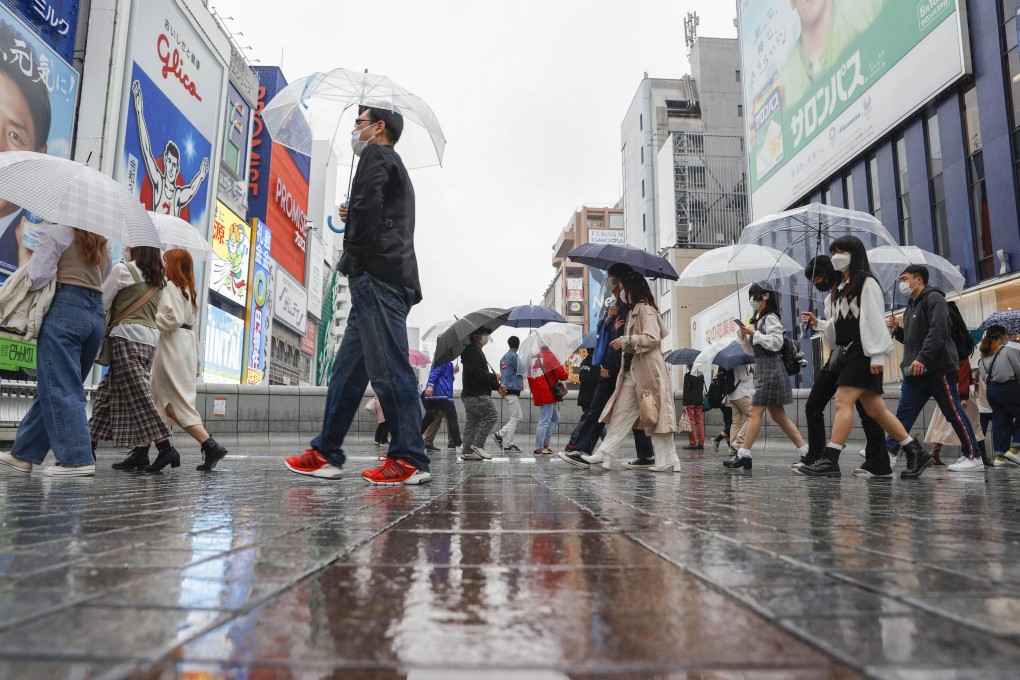Coronavirus: Osaka cancels Olympic torch relay; Philippine defence chief Delfin Lorenzana infected
- The western Japanese prefecture also declared a state of medical emergency as it confirmed more than 800 new infections
- Elsewhere, Australian PM said he is not criticising the EU over the delay, while 10 Thai ministers were self-isolating after coming into contact with positive cases

Health authorities fear a virus variant is unleashing a fourth wave of infections just 107 days before the Tokyo Olympics begins, with a vaccination drive still at an early stage.
Osaka governor Hirofumi Yoshimura said the street runs would be cancelled, adding that the medical system faced enormous strain as a more infectious variant sent cases skyrocketing among young people.
“It is almost certain that this mutant strain is highly contagious with a high transmission speed,” he said in televised remarks.
“I would like to ask all residents of Osaka prefecture to refrain from going out unnecessarily. The medical system is in a very tight situation.”
The prefecture reported more than 800 new infections on Wednesday, domestic media said, for a second straight day of record numbers. Severe cases have filled about 70 per cent of hospital beds in the region.
